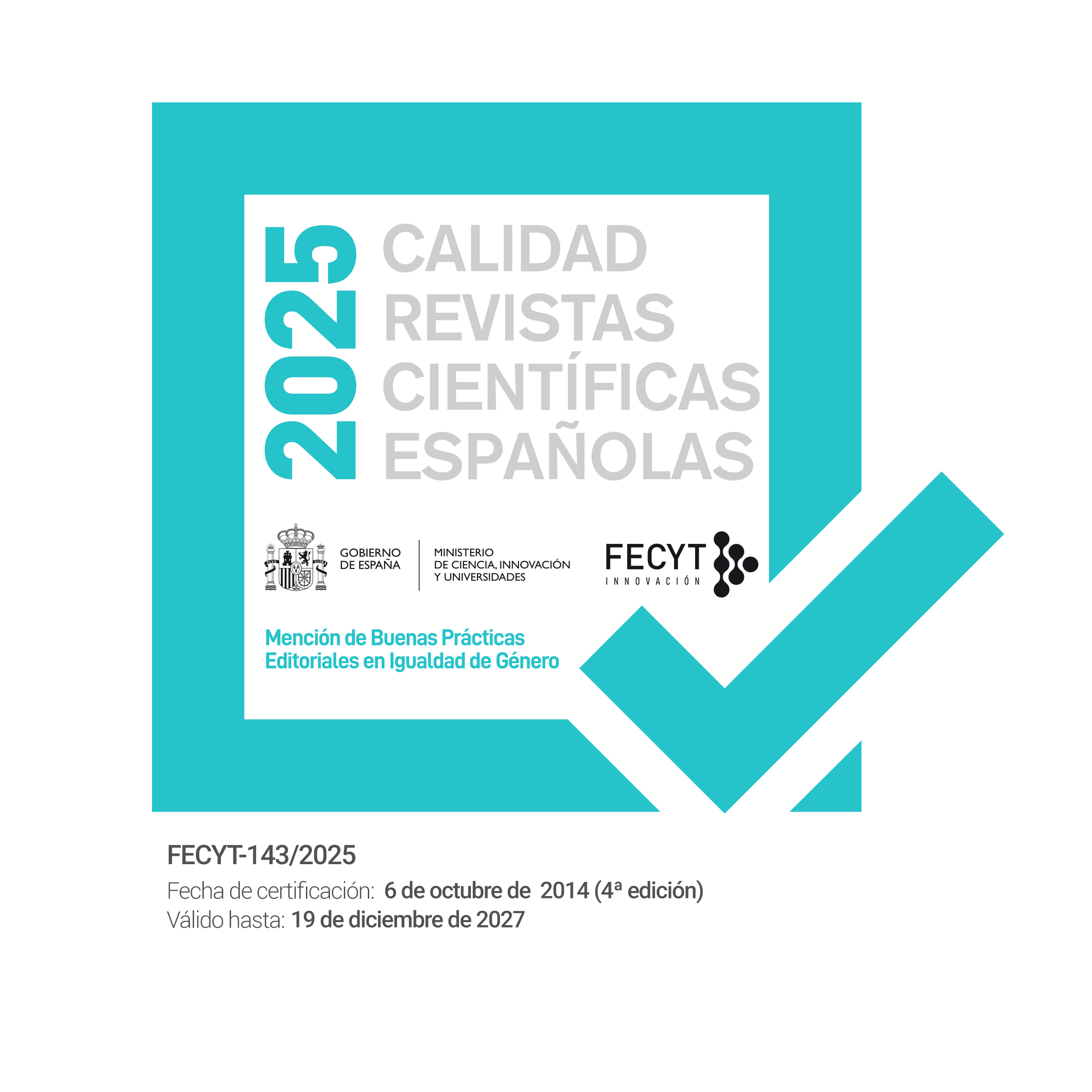STUDENT ATTITUDES TOWARDS ENGLISH PRONUNCIATION AND DIFFERENT VARIETIES IN THE ENGLISH CLASSROOM
Keywords:
pronunciation, attitudes, English as a Lingua Franca, varieties of English, native and non-native teachersAbstract
In the last decades English has gained undeniable relevance and status to the extent that it has become essential both in the professional and personal spheres in many parts of the world. However, its pronunciation is still regarded as the “Cinderella” among the areas of language due to its neglect in the foreign language classroom. This study sought to investigate 55 secondary school students’ attitudes in the Basque Autonomous Community (Spain) towards English pronunciation, General American English (AE), Standard Southern British English (BE) and English as a Lingua Franca (ELF), as well as Native and Non-Native English Speaker Teachers (NESTs and NNESTs). Additionally, students’ responses were statistically compared in terms of gender. Data was collected through a questionnaire, the verbal-guise technique (VGT) and three open-ended questions. Results suggested that, although students believed in the importance of pronunciation instruction, English instructors should address its relevance more specifically. Native English varieties were prioritized, as well as NESTs. Statistically significant gender differences were also found. Conclusions and pedagogical implications are provided.Downloads
Downloads
Published
How to Cite
Issue
Section
License
El Grupo de Investigación “La lengua inglesa en el ámbito universitario” HUM-397 conserva los derechos de copyright de los artículos publicados y permite la reutilización de los mismos bajo licencia Creative Commons: Creative Commons Atribución-NoComercial-SinDerivar 4.0 Internacional: se pueden copiar, usar, difundir, transmitir y exponer públicamente los artículos mencionados, siempre que (a) se cite la autoría y la fuente original de su publicación, (b) no se usen para fines comerciales, (c) no se creen obras derivadas mediante su transformación, (d) se mencione la existencia y especificaciones de esta licencia de uso.








